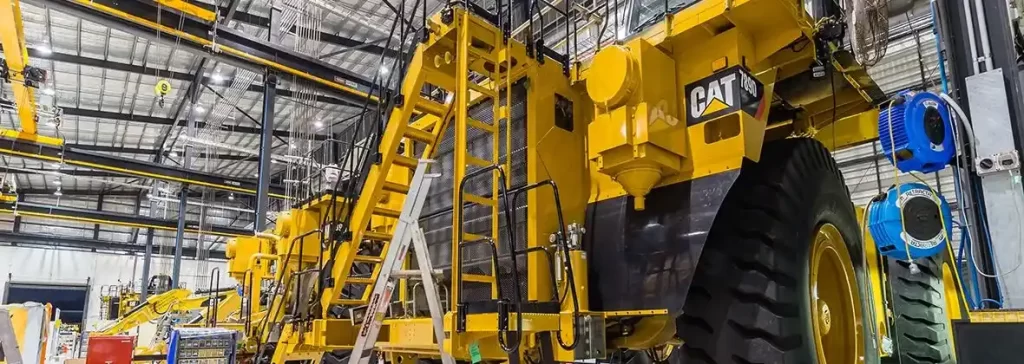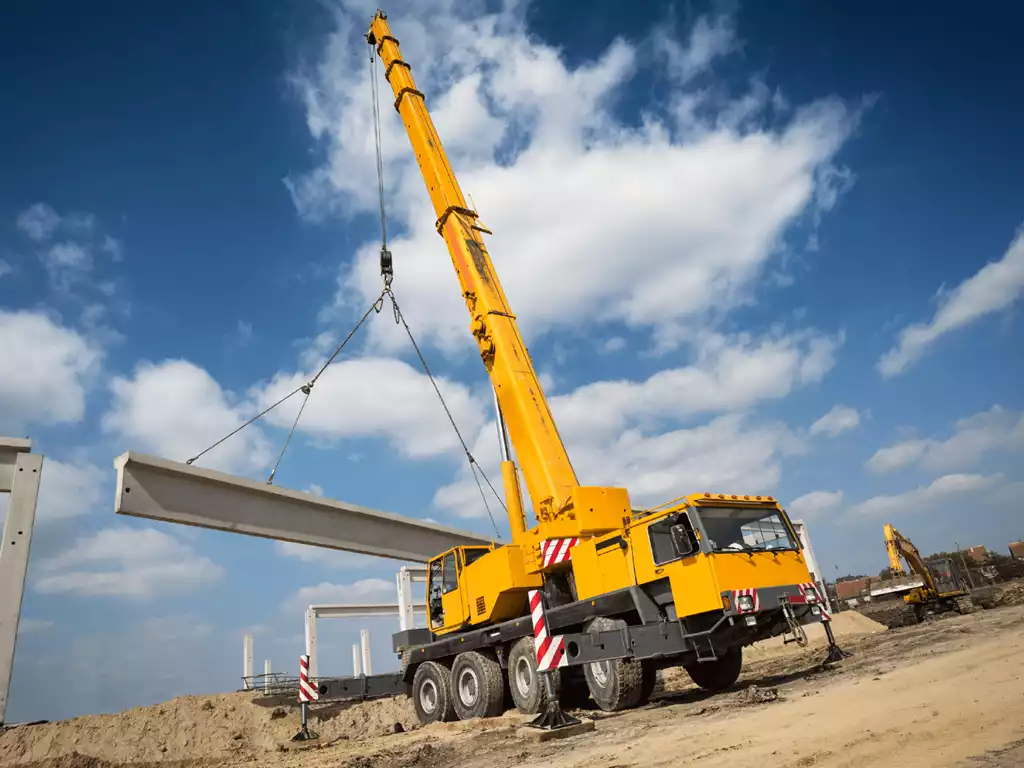Smelters: Key Functions, Processes, and Their Role in Metal Processing
A smelter is an industrial facility used to extract metal from its ore through heating. The smelting process separates the pure metal from impurities, making it vital in metal industries such as copper, nickel, tin, iron, and gold production. In this article, we’ll dive deeper into the functions, processes, and strategic importance of smelters in both the economy and the environment.

Functions of Smelters in Metal Processing
Smelters play several critical roles in the metal industry, including:
Metal Extraction from Ore
The primary function of a smelter is to extract pure metal from ore. By applying intense heat, the smelter separates the metal from the impurities, resulting in a more refined product.Enhancement of Metal Quality
Besides extracting metal, smelters help improve the quality of the metal, purifying it to meet industry standards for use in manufacturing various products.Waste Management
During the smelting process, smelters handle waste materials, treating and managing the byproducts to reduce environmental impact.
Smelting Process: From Ore to Refined Metal
Smelting is a complex process that includes several key stages:
Crushing and Grinding
Before the smelting process begins, ores are crushed and ground into smaller particles to make metal extraction easier.Roasting
This step involves heating the ore in an open environment to oxidize impurities, removing unwanted elements before reduction.Reduction Smelting
In this phase, the ore is heated in a furnace, separating the metal from non-metallic impurities like sulfur and carbon.Refining
After separation, the metal undergoes refining to achieve the desired purity level, making it ready for industrial use.

Types of Smelters Based on Metal Processed
There are various types of smelters depending on the metal being processed:
Copper Smelters
These facilities extract copper from its ore, used primarily in electrical wiring and electronics.Nickel Smelters
Nickel smelters process nickel ores, which are critical in the production of stainless steel and batteries for electric vehicles.Tin Smelters
Tin smelters extract tin, which is often used in soldering materials, batteries, and certain types of pipes.Gold Smelters
Gold smelters purify gold, widely used in jewelry, investment, and electronics.
The Economic and Environmental Impact of Smelters
1. Economic Contribution
Smelters provide significant economic value by transforming raw ore into refined metal, which can be used in manufacturing. This process adds value to natural resources and helps countries maximize the economic potential of their mineral wealth.
Smelters also generate employment opportunities, both directly in operations and indirectly in supporting sectors such as transportation, energy, and logistics.
2. Environmental Challenges
Despite their economic importance, smelters pose environmental challenges, particularly in the form of greenhouse gas emissions and water pollution. However, modern smelting technologies have been developed to reduce these impacts, ensuring that the industry becomes more sustainable.
Common Incidents in Smelters and First-Response Actions
Smelter operations are complex and involve risks such as furnace leaks, gas explosions, and worker injuries due to extreme heat. In such cases, immediate actions include evacuating workers, stopping operations, and utilizing firefighting equipment. Ensuring that protective gear is available and emergency protocols are in place is crucial for workplace safety.
SSC Works: Experts in Smelter Component Repairs
SSC Works specializes in repairing critical smelter components, from furnaces to conveyor systems and cooling units. With our expertise, we ensure that your smelter operates efficiently and minimizes downtime.
Are you looking to boost your smelter’s efficiency or need expert repair services? Contact SSC Works today for top-tier solutions to keep your smelting operations running smoothly.

